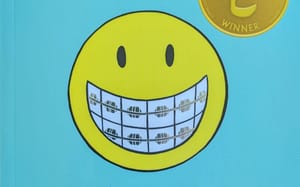I have been meaning to mention Carole Palmer’s observation that we are seeing ‘reading avoidance’ as an emerging behavior among researchers, as they increasingly depend on abstracts, citations, and other reading cues and clues to ‘avoid’ full engagement with the materials themselves. Here is what I wrote in my recent piece on mobile communications in First Monday about changing patterns of attention ….
—
The network style of consumption — particularly mobile consumption — calls forward services which atomize content, providing snippets, thumbnails, ringtones, abstracts, tags, ratings and feeds. All of these create a variety of hooks and hints for people for whom attention is scarce. It has even been recently suggested that this pattern of consumption is rewiring our cognitive capacities (Carr, 2008). Regardless of the longer term implications, it is clear that people need better clues about where to spend their attention in this environment, and that this is one incentive for the popularity of social approaches. This attention scarcity is apparent also in the academic environment where a bouncing and skimming style of consumption has been observed (Nicholas, et al., 2006). Palmer, et al. (2007) talk about actual ‘reading avoidance’. Researchers may survey more material, but spend less time with each item, relying on abstracts and other content clues to avoid reading in full.
Nicholas Carr, 2008. “Is Google making us stupid?” Atlantic Monthly (July/August), at https://www.theatlantic.com/doc/200807/google, accessed 10 October 2008.
David Nicholas, Paul Huntington, Hamid R. Jamali, and Tom Dobrowolski, 2006. “Characterising and evaluating information seeking behaviour in a digital environment: Spotlight on the ‘bouncer’,” Information Processing and Management, volume 43, number 4, pp. 1085-1102.
Carole L. Palmer, Melissa H. Cragin, and Timothy P. Hogan, 2007. “Weak information work in scientific discovery,” Information Processing and Mangement, volume 43, number 3, pp. 808-820.
—
Here is what she said in a presentation [ppt] at OCLC last year:
Researchers are rapidly navigating through more material, spending less and less time with each item, and attempting to assess and exploit content with as little actual reading as possible.



